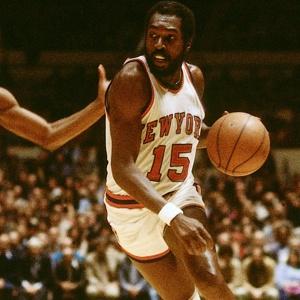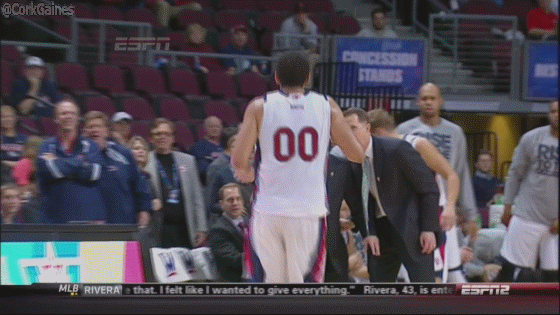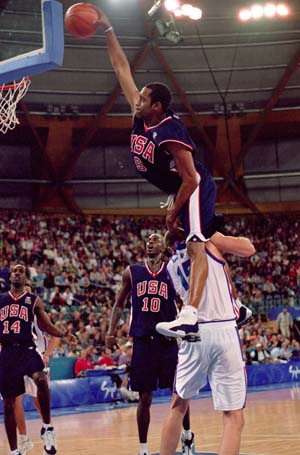The Celtics, Coaching, and Compensation
The Boston Celtics shocked the professional sports world earlier this week when they named Butler University Men's Basketball Coach Brad Stevens to be their new Head Coach, replacing the recently departed long time coach Doc Rivers.
The signing of Stevens as the C's new on-court leader was notable and surprising on several levels:
- None of the NBA writers or pundits seemed to have Stevens named as a potential replacement for Rivers or even in a fuzzy, 'sources say' kind of way
- Stevens has no prior NBA experience as an assistant coach or a player, the most common kind of experience possessed by first-time NBA head coaches
- There has been a recent history of failure at the NBA level for a number of very high profile college coaches, i.e. success in college coaching hasn't not been carrying over to the NBA
- Stevens, at 36, immediately becomes the youngest head coach in the NBA
- And finally, while at Butler for the last six seasons, Stevens' teams had success, including reaching the National Title game twice, (losing on both occasions), he had not reached the 'top' of the college coaching ranks reserved for the leaders of most historic and storied programs like Duke, Kentucky, or North Carolina.
All in all, the announcement of Stevens, by all accounts an excellent coach and still rising star in the profession was one that took nearly everyone off guard. And it may or may not work out for the Celtics and Stevens, but dig just a little deeper into the details of the deal, and the former coach Rivers' contract, and then it begins to make more sense from a pure Talent Management perspective.
The Celtics are a team that is in rebuilding mode - they recently traded away two of their most highly paid and best performing players Kevin Garnett and Paul Pierce to the Brooklyn Nets, and rumors are circling that their other key franchise player Rajon Rondo might be next to be shipped off. The team clearly wants to build around some younger players and hopes to utilize the increased number of draft picks acquired in the recent trade with the Nets to stockpile more young, (and importantly, cheaper), talent.
And in essentially trading Rivers, the former head coach who has over 12 years experience as an NBA head coach and led the Celtics to the NBA Championship in 2008, for the much less experienced Stevens, the C's also give us all in the talent game a lesson and reminder of the tradeoffs that organizations have to make when chasing talent, and more importantly, aligning the talent strategy to the business and organizational reality.
Rivers with his years of experience, demonstrated success in the job, and reputation amongst the players was a very highly compensated coach - he had 3 years and $21 million remaining on his Celtics contract. At $7M per season, that is the kind of compensation that elite NBA head coaches can expect.
Stevens, by comparison, signed for 6 years and $22 million. Still a lot of scratch, but by NBA head coaching standards not so much.
You pay Rivers, or similar, $7 million a year because he is a proven championship coach. These are incredibly hard to find. But the Celtics are not going to be a championship-caliber team next season, and probably for two or three more after that. They are essentially starting over after six or seven years of really high-level, title-contending play. Paying an elite-level coach top of the market compensation in this scenario makes no sense. It's wasted money (not to mention Rivers himself losing interest in the club as well).
So you make the smart move - bet on a younger coach, hopefully on the rise, at half the salary of the last guy knowing that in the next couple of years anyway, his inexperience in the role won't matter too much because the team isn't ready to contend. Maybe it works out, and the Celtics look like geniuses for locking up a great coach at a bargain rate.
But the key here is the Celtics know who they are right now. For all their storied history and many championships over the years, they are not an elite team at the moment. And that fed into the call and the decision to release their elite coach, some of their elite players, and move in a new (and cheaper) direction.
All organizations say they want to attract and retain the 'best' talent. But sometimes doing what is necessary to land the 'best' talent doesn't make sense from a broader organizational context. And when you need to move off what is needed to land the top talent in terms of compensation, then you also likely need to think more expansively and creatively about who you can bring in. Maybe you place a bet on an up-and-comer. Maybe you don't worry so much about '10 years experience doing exactly the same job'.
Maybe you find a way to land the next star employee before the competition does.
You have to know who you are, and make talent decisions accordingly.
Have a great weekend!

 Steve
Steve



